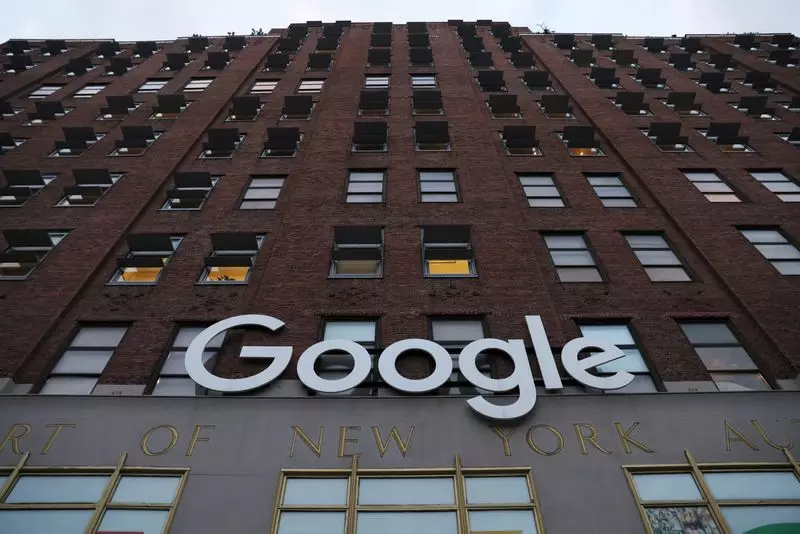In a significant move that could alter the landscape of internet searching, the U.S. Justice Department is contemplating court action to compel Google to divest certain aspects of its business. The legal pursuit arises from a court ruling affirming that the tech giant has established an illegal monopoly over the online search domain, processing an astonishing 90% of American search queries. Such drastic measures reflect not only a legal strategy but demonstrate the increasing urgency among regulators to reign in Big Tech’s overwhelming market power. The department’s forthcoming proposals, expected by November 20, will likely focus on remedies that aim to dismantle Google’s perceived monopoly, with the potential for more drastic steps looming in the future.
The ruling made by U.S. District Judge Amit Mehta signals a pivotal moment for antitrust enforcement in the technology sector. As regulators ramp up their scrutiny of major tech firms, the outcome of this case could set a precedent for how monopolistic practices in digital spaces are addressed. With additional filings anticipated from both the Justice Department and Google, stakeholders remain poised for an energetic legal battle. Google’s assertion that it actively competes with firms like Amazon paints a different narrative, suggesting that consumers benefit from a diverse marketplace.
As discontent rises among competitors, voices such as Yelp are advocating for a radical restructuring of Google’s operations. Yelp’s recent lawsuit points to frustrations over Google’s favoritism in search rankings, where local business pages owned by Google overshadow competitor listings. The issue raises important questions about fairness and transparency in search results, prompting discussions about the necessity of breaking up Google’s services—particularly its Chrome browser and AI capabilities—to foster a healthier competition. This mountainous struggle for regulatory clarity also reflects broader societal concerns about the concentration of power within a few tech entities.
The confrontation with Google is part of a larger narrative of antitrust enforcement against major technology companies over the past several years. Proponents of regulatory intervention argue that monopolistic behavior undermines innovation and consumer choice. Adam Epstein, president of adMarketplace, suggests that merely threatening divestiture could be instrumental in pressuring Google to adopt less severe, non-divestiture remedies. The balancing act between breaking up tech giants and maintaining a competitive landscape represents a challenge in understanding modern market dynamics.
As the case unfolds, the scrutiny on Google will only heighten. With competitors like DuckDuckGo voicing demands for licensing agreements to level the playing field, the battle for a more equitable internet begins to take shape. A potential transformation in how Americans access online information looms on the horizon, contingent upon the actions of both regulators and Google alike. As the courts deliberate over the implications of monopolistic practices in the digital age, the decisions made today could dictate the future of online searching and consumer interaction for years to come. The eyes of the nation—and the world—are firmly fixed on this evolving narrative.

